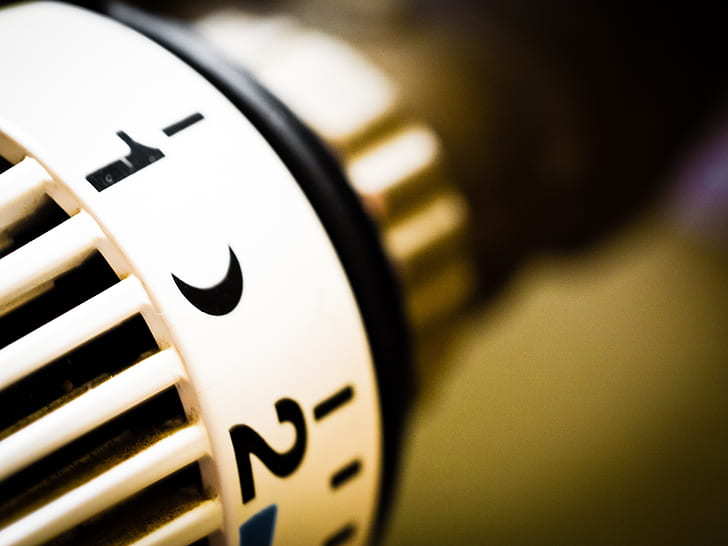Companies that applied for the government’s Renewable Heat Incentive (RHI) will now have longer to get their low-carbon generation up and running.
The government has now confirmed a 14 month extension to the tariff scheme for all non-domestic applicants, who applied for the RHI before 29 June. This will help those impacted by COVID-19 to mitigate the impact and complete projects in time for the cut off point.
Non-domestic projects previously had until January 2021 to be up and running to be eligible for the second allocation of the tariff. They will now have until March 2022, an extension agreed on following a recent consultation into the likely impact of the pandemic.
Domestic applicants have also had the scheme extended, and will now have a further 12 months to complete projects to be eligible. This will give them until 31 March 2022, helping to more smoothly transition homes to low-carbon heating.
Energy Minister Kwasi Kwarteng said that it was “right that we offer certainty and breathing space to companies embracing renewable heat technology across the country”.
“Renewable heat will play a key role in the UK’s economic recovery as we redouble efforts to tackle carbon emissions. With government support, these vital projects are on course to stop 108 million tonnes of CO2 from polluting the atmosphere, while also helping to create new green collar jobs.”
For non-domestic heat, there will be a third round of allocation of tariff guarantees, and the government has now announced it will open in July.
Dr Nina Skorupska CBE FEI, chief executive at the REA welcomed the decision to extend the RHI deadline, saying: “The decision to extend the Tariff Guarantee Scheme shows strong leadership from the government when it comes to deploying larger scale heat decarbonisation projects.
“Reviewing the scheme in light of the impact of COVID-19 and adapting it is exactly the type of governance needed if we are to bounce back from the lockdown whilst adhering to our legally binding net zero targets.”
However, she continue that the move “rings bittersweet”, as choosing not to extend the non-domestic RHI further “alienates a number of renewable heat technologies and projects that are already facing a twelve-month policy gap”.
“Unless supported, potential for growth in renewable heat will be undermined and the already established sector at risk of financial collapse and loss of jobs.”
The domestic RHI is set to finish, with the Department for Business, Energy and Industrial Strategy announcing in April that it will be replaced by the Clean Heat Grant, which is due to take effect in April 2022.





